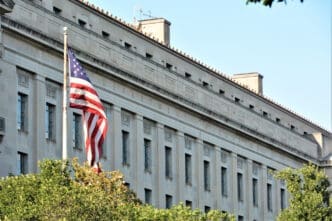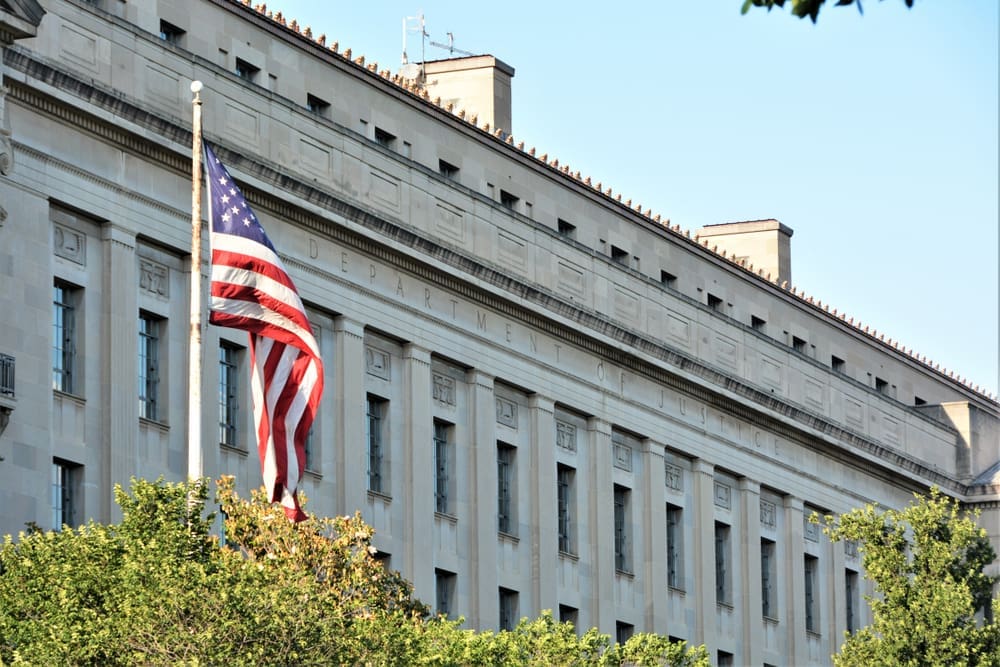The Justice Department has decided to withdraw a criminal case against Henrry Josue Villatoro Santos, the alleged East Coast leader of the MS-13 gang, less than two weeks after he was formally charged. Instead of pursuing prosecution in the United States, officials plan to deport him. In a rare move, Villatoro Santos’ attorney is challenging this decision, arguing that deportation could lead to his swift removal without due process and subsequent imprisonment in El Salvador.
Villatoro Santos was arrested in late March in the suburbs of Washington, a development hailed by the Trump administration as a significant achievement in its campaign against violent street gangs, which are considered “foreign terrorist organizations.” Attorney General Pam Bondi, FBI Director Kash Patel, Virginia Governor Glenn Youngkin, and other law enforcement officials announced the arrest at a press conference, observing the operation from an adjacent command center in northern Virginia.
According to court documents, Villatoro Santos, who was reportedly residing illegally in the United States, was charged with illegal gun possession after firearms were discovered in his home. Investigators indicated possible MS-13 affiliation based on evidence found in his bedroom, though no further details were provided in court filings. Prosecutors have requested that the judge dismiss the case, stating the government’s lack of interest in pursuing prosecution.
Bondi labeled Villatoro Santos a “terrorist” and indicated that he would face deportation proceedings. During the press conference, she expressed the administration’s intent to deport him, declaring his imminent departure from the country. However, Villatoro Santos’ lawyer urged the judge to delay the dismissal decision by two weeks, citing concerns about potential unlawful deportation and detention in one of El Salvador’s harshest prisons without the opportunity to contest removal. The defense attorney argued that the situation could result in a life sentence without due process.
The Trump administration has already deported approximately 260 individuals to El Salvador’s notorious Terrorism Confinement Center, using the Alien Enemies Act to justify removals, including those allegedly linked to the Tren de Aragua gang. Some deported individuals’ families have claimed they were not gang members. While the administration acknowledged mistakenly deporting one man, they have been unable to facilitate his return to the United States.
Our Analysis
The decision to prioritize deportation over prosecution reflects ongoing policy approaches to addressing gang-related crime in the United States. This strategy underscores the administration’s commitment to removing individuals deemed threats, yet it raises concerns about due process and human rights, particularly for those facing severe penalties or conditions abroad.
For local communities, this case highlights the complexities of balancing public safety with humanitarian considerations. The potential deportation of individuals without sufficient legal proceedings may impact community trust in law enforcement and contribute to broader discussions about immigration policies and their consequences. The handling of such cases could influence public opinion and policy development regarding crime, immigration, and international human rights standards.











